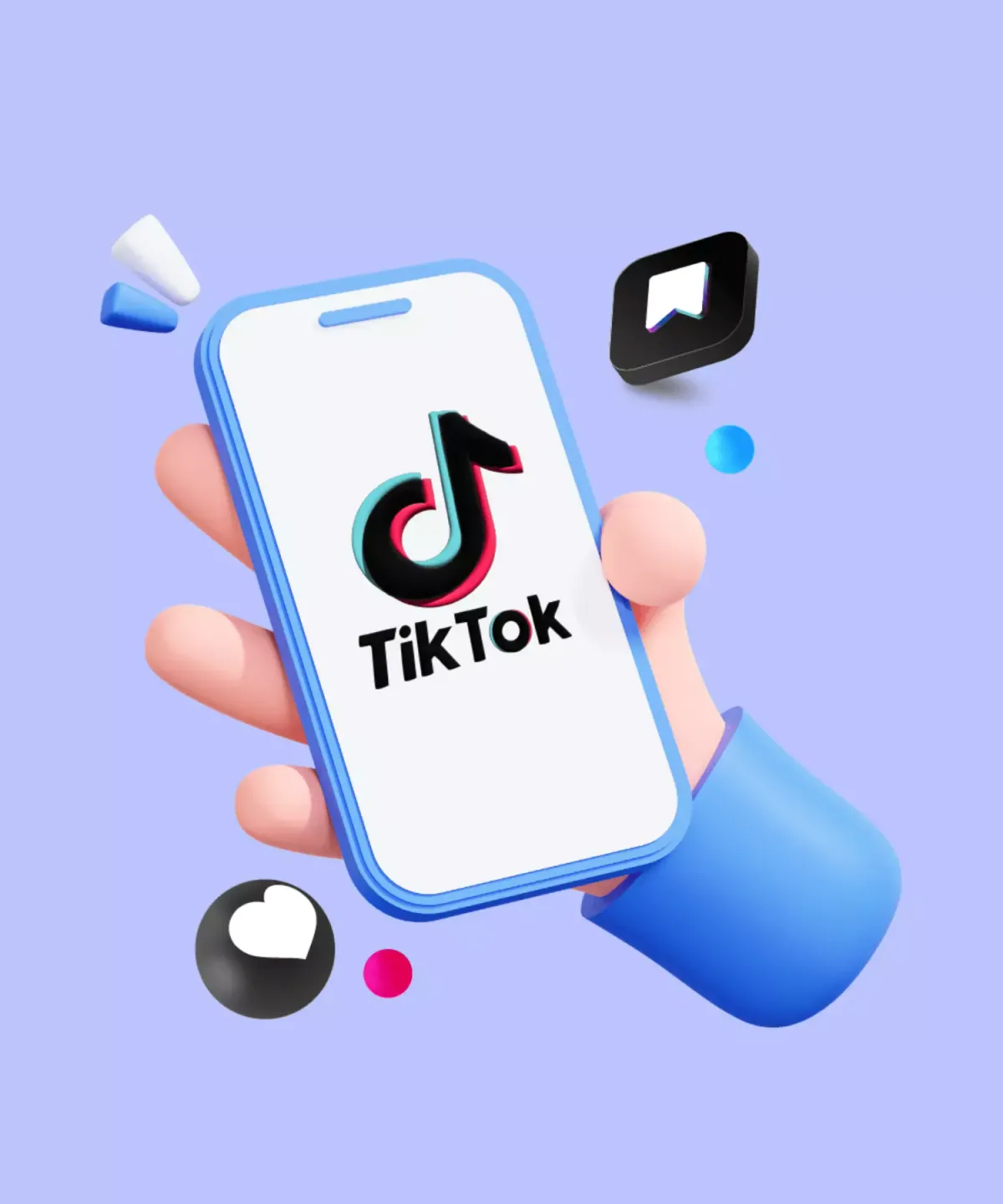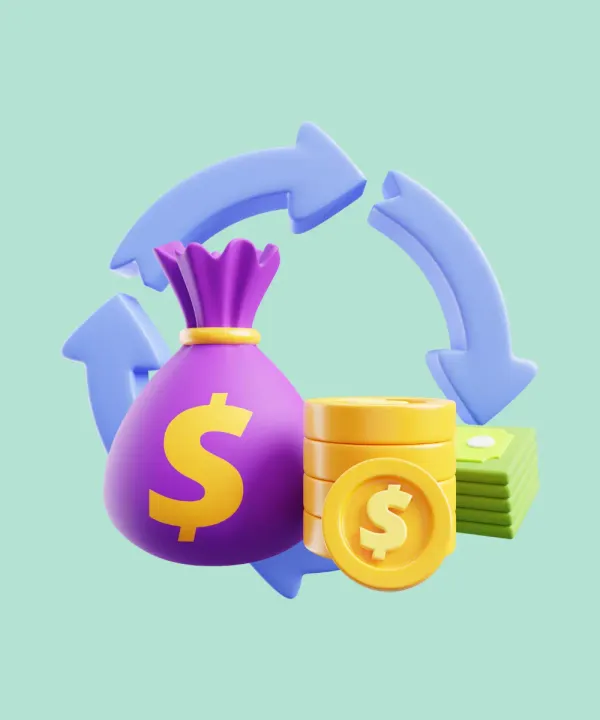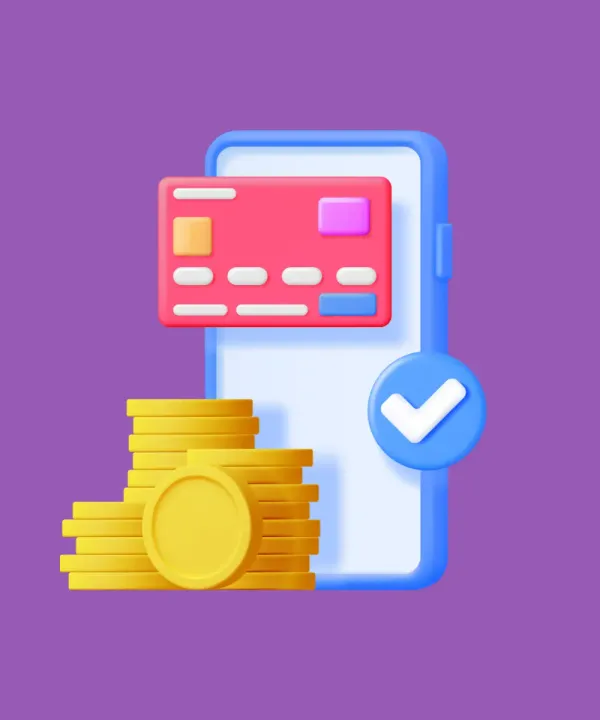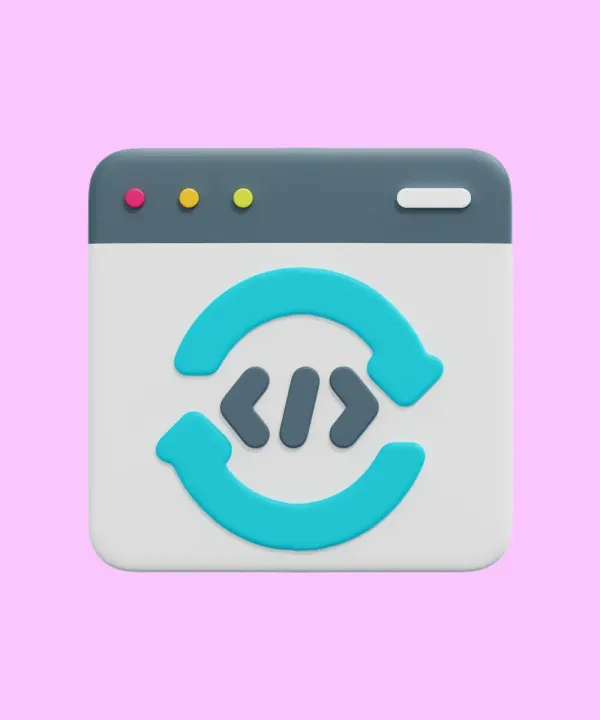In today's digital age, the allure of short-form video platforms like TikTok is undeniable. With its meteoric rise and the massive user engagement it commands, many entrepreneurs and businesses are keen to replicate its success. But diving into the realm of app development brings forth a pivotal question: What is the financial investment involved in creating a similar platform? In this comprehensive guide, we'll unravel the layers of costs, features, and decisions that go into building an app reminiscent of TikTok, providing you with a clearer roadmap for your venture. Whether you're a seasoned developer, a business magnate, or just curious about the app development world, this article promises insights that will cater to all.
Understanding the Core Functionality of TikTok

TikTok, a worldwide sensation in the realm of short-video platforms, has presented a unique blend of features that makes it stand out. To truly appreciate the cost and development aspects, one needs to delve deep into the app's core features. Here's a comprehensive examination:
User registration and profiles
Versatile registration: The user onboarding process in TikTok is smooth and diverse. Users can register using multiple channels, including email, phone numbers, or through third-party platforms like Facebook and Google. The process needs to be hassle-free while ensuring data security.
- Personalized profiles: TikTok allows users to create customizable profiles. This encompasses setting up a username, uploading a profile picture, writing a short bio, and linking other social media accounts. An effective profile system helps in branding and user recognition.
- Privacy settings: Given the wide audience range, TikTok incorporates privacy settings, allowing users to control who views their content, interacts with them, or sends them messages.
Video uploading & editing
- Seamless uploading: The app offers a user-friendly interface for video uploads. With just a few taps, users can upload their captured moments. The backend must support various video formats and sizes, ensuring compatibility.
- Dynamic editing tools: One of TikTok's significant attractions is its suite of editing tools. Users can trim videos, adjust playback speed, set backgrounds, and much more.
- Music and sound integration: The ability to overlay videos with popular tracks or sound bites enhances content appeal. An extensive, categorized library lets users pick their preferred background scores.
- Filters & effects: From facial recognition filters to augmented reality effects, TikTok offers a plethora of choices that add a touch of creativity to user videos.
Social sharing & interaction
- Interactive feed: Based on user interactions, preferences, and following, TikTok's algorithm curates a dynamic feed. This 'For You' feed is the app's heart, driving user engagement.
- Engagement tools: Beyond just viewing, users can engage with content via likes, comments, shares, and duets (a feature where users can respond to a video with their video).
- Account following: Just like other social media platforms, TikTok enables users to follow accounts they adore, ensuring they never miss out on their content.
- Direct messaging: An integral part of social interaction on TikTok is the direct messaging feature. It's a space for private conversations, away from the public comments.
Search & discovery
- Algorithm-driven discovery: TikTok employs a sophisticated algorithm, considering user behavior and content preferences, to suggest new videos and accounts to explore.
- Hashtag challenges: One of TikTok's ingenious features is its 'Hashtag Challenges.' These are thematic content challenges that encourage user participation, often going viral.
- Trending section: This section showcases currently popular videos, music, and hashtags, ensuring users always stay updated with what's buzzing.
Notifications
- Engagement alerts: Users receive real-time notifications for likes, comments, follows, and mentions, ensuring they stay engaged and return to the app frequently.
Grasping these core functionalities is imperative for anyone looking to build an app akin to TikTok. Each feature brings its development challenges, user engagement strategies, and cost implications.
Additional Considerations
While the core functionality provides the main structure for an app like TikTok, there are several supplementary features and considerations that play a crucial role in the app's success. They can significantly impact development time and costs, so it's essential to factor them in.
Monetization features
- In-app purchases: TikTok offers virtual gifts that users can buy and send to their favorite content creators during live sessions. Implementing a robust and secure in-app purchasing system is key.
- Ad integration: Brands can advertise on TikTok through different formats like in-feed videos, brand takeovers, and hashtag challenges. A seamless ad management system will be vital for showcasing these ads without disturbing the user experience.
- Affiliate marketing: By allowing influencers to promote products directly within their videos, TikTok has tapped into affiliate marketing. This requires integration with e-commerce platforms and tracking systems.
Advanced analytics
- User behavior tracking: By understanding how users interact with the app, TikTok can offer more personalized content. Implementing analytics tools to track user behavior, such as most-viewed content, time spent, and user interactions, is essential.
- Performance metrics: For content creators, metrics like views, likes, shares, and follower growth are invaluable. Offering detailed insights can help influencers refine their content strategy.
- Ad analytics: For advertisers, understanding the ROI of their campaigns is crucial. Integrating analytics to track ad performance, user engagement with ads, and conversion rates is a must.
Enhanced security
- Data encryption: With users uploading personal content and interacting on the platform, ensuring data is encrypted and safe from breaches is paramount.
- Two-factor authentication: To further secure user accounts, implementing two-factor authentication provides an additional layer of security.
- Content moderation: Given the vast amount of content uploaded daily, utilizing AI-driven content moderation tools can help in flagging inappropriate or harmful content.
By accounting for these additional considerations, not only do you ensure a comprehensive app experience that rivals TikTok, but you also prepare the app for future growth and opportunities. Integrating these aspects during the initial development stages can save time and costs in the long run.
Breakdown of TikTok-like App Development Costs
Here's a rough estimation of hours and cost involved for each feature. Please note that these are estimated figures and the actual figures might vary depending on various factors including design complexity, the development team's location, and their experience.
This table illustrates the estimated hours and price (calculated at $40/hour) for each feature.
| Feature | Estimated Hours | Cost $40/hour |
|---|---|---|
| Core Features | Versatile registration | 40-60 hours | $1600-$2400 |
| Personalized profiles | 20-40 hours | $800-$1600 |
| Privacy settings | 15-25 hours | $600-$1000 |
| Seamless uploading | 30-50 hours | $1200-$2000 |
| Dynamic editing tools | 50-70 hours | $2000-$2800 |
| Music and sound integration | 70-80 hours | $2800-$3200 |
| Filters & effects | 60-80 hours | $2400-$3200 |
| Interactive feed | 40-60 hours | $1600-$2400 |
| Engagement tools | 30-50 hours | $1200-$2000 |
| Account following | 20-40 hours | $800-$1600 |
| Direct messaging | 40-50 hours | $1600-$2000 |
| Algorithm-driven discovery | 70-90 hours | $2800-$3600 |
| Hashtag challenges | 40-60 hours | $1600-$2400 |
| Trending section | 30-50 hours | $1200-$2000 |
| Notifications | 40-60 hours | $1600-$2400 |
| Advanced Features | ||
| In-app purchases | 40-60 hours | $1600-$2400 |
| Ad integration | 60-80 hours | $2400-$3200 |
| Affiliate marketing | 50-70 hours | $2000-$2800 |
| User behavior tracking | 50-70 hours | $2000-$2800 |
| Performance metrics | 30-50 hours | $1200-$2000 |
| Ad analytics | 40-60 hours | $1600-$2400 |
| Data encryption | 30-50 hours | $1200-$2000 |
| Two-factor authentication | 20-40 hours | $800-$1600 |
| Content moderation | 40-60 hours | $1600-$2400 |
| Total | 1155-1585 hours | $46,200-$63,400 |
Please note that these are rough estimates and actual development times can vary significantly depending on many factors, such as the specific requirements of the project, the tools and technologies used, the team's experience and skill level, and so on. Furthermore, these estimates do not include time for project management, quality assurance, deployment, maintenance, and other essential aspects of software development. To learn more about factors influenced app development costs read our comprehensive article about Flutter app development cost that delves deep into these considerations, providing clarity for those looking to explore this avenue.
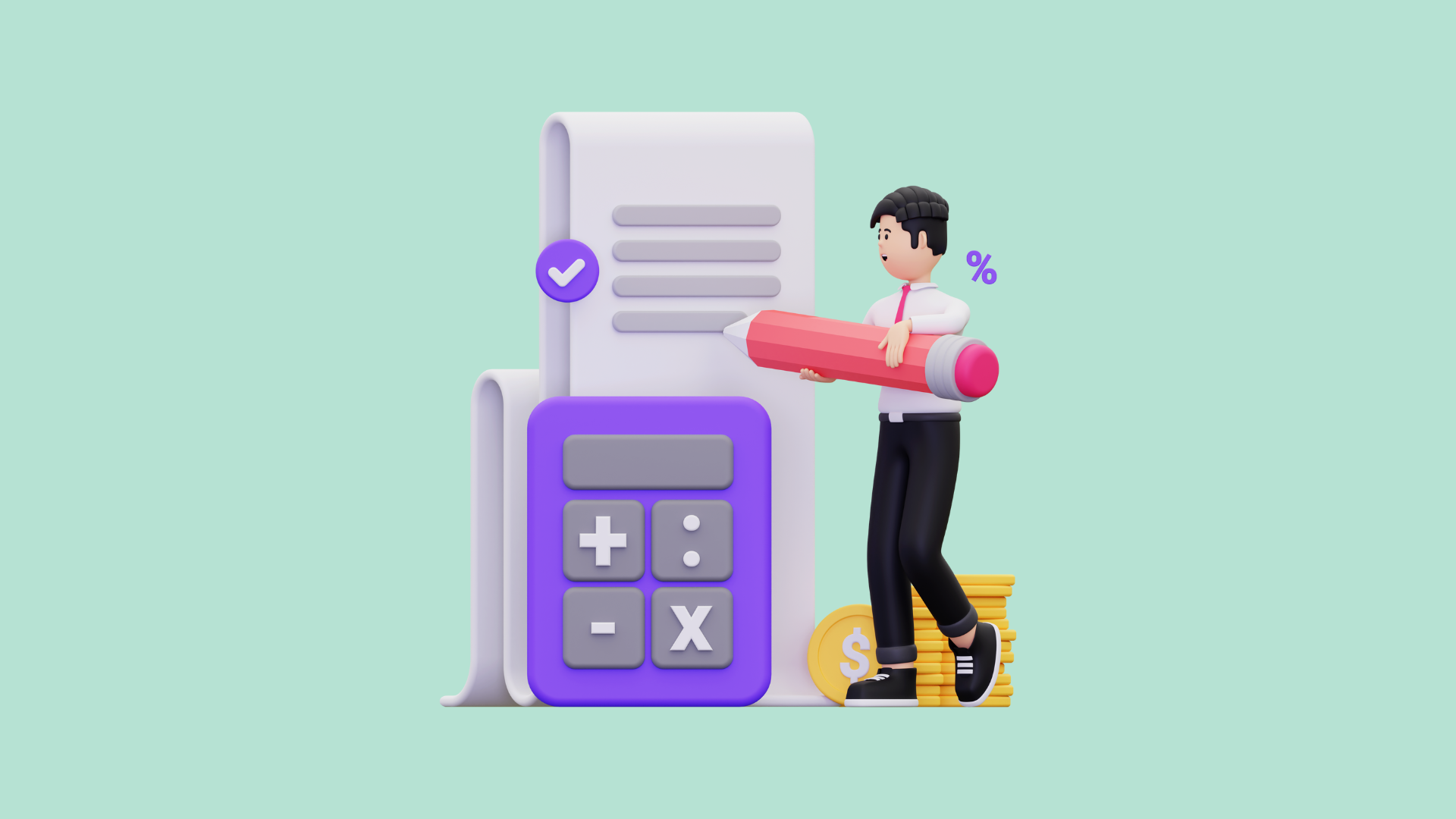
Things To Consider When To Make An App Like TikTok
Embarking on a journey to create an app like TikTok can be both rewarding and challenging. Here are some key considerations to ensure your venture's success:
- Market research: Before diving in, understand the market landscape. Identify what's trending, see where TikTok and other competitors might be lacking, and find a niche or area of improvement to focus on.
- Choose a monetization model: Will you rely on in-app advertisements, premium features, subscriptions, or sponsored content? Select a model that aligns with your target audience's preferences and ensures a steady revenue stream.
- Know your audience: Who are you targeting? Gen Z, millennials, or a broader demographic? Understanding your audience's tastes, habits, and preferences will inform many of your app's features and design choices.
- Design matters: A slick, intuitive design can make or break your app. Prioritize user experience (UX) and ensure that navigation, content discovery, and video playback are seamless.
- Hire a professional team: The right team can transform your vision into reality. Ensure you have skilled designers, developers, and marketing professionals onboard. Hiring professional app development agency can make all the difference in ensuring your app not only looks good but also functions efficiently and meets your business objectives.
- Start with MVP: Instead of launching a full-fledged app, start with a basic version to gauge user interest and gather initial feedback. It's a cost-effective way to test your concept and make iterative improvements.
- App development: This is where your ideas take shape. Regular quality checks, testing, and optimizations are crucial to ensure your app is bug-free and user-friendly.
- Choose the technology stack: Your app's performance largely depends on the tech stack behind it. Flutter is renowned for its rapid development, expressive UI, and compatibility across platforms, making it a strong choice for such apps. You can explore all advantages of Flutter for projects from our article.
- Release & advertise the app: After development, it's time to introduce your app to the world. Pair your launch with a strong marketing campaign to maximize visibility and user acquisition.
- Carry out feedback: Post-launch, actively solicit feedback from users. Their insights will be invaluable in refining features, fixing issues, and ensuring your app remains competitive and user-centric.
In essence, while the allure of building an app like TikTok is strong, the journey requires meticulous planning, the right resources, and a pulse on the ever-evolving social media landscape. With these considerations in mind, you'll be well-positioned to create a compelling and successful platform.
Conclusion
Creating an app as dynamic and feature-packed as TikTok demands significant dedication and understanding. The immense popularity and success of such platforms offer tempting business prospects, but it's vital to recognize the substantial commitment, both in time and finances, needed to bring them into existence. From the primary functionalities to the supplementary features that elevate the user experience, every component has a role in the developmental journey.
Our detailed breakdown indicates that developing an app resembling TikTok could cost between $46,200 to $63,400, with a prospective development timeline ranging from 1155 to 1585 hours. It's crucial to emphasize that these are approximate figures. Real-world expenses can differ based on specific features, design complexities, geographical location, developer experience, and unforeseen challenges that may arise during the development process. When estimating the cost to develop an app like TikTok, it's crucial to consider all these possible elements that influence the total development cost.
To sum up, while the idea of crafting the next big social media sensation is captivating, it's essential to embark on this venture with clear objectives, thorough research, and pragmatic expectations. Partnering with experienced developers, understanding your target demographic, and staying responsive to emerging trends can make all the difference.
By choosing a reliable Flutter mobile app development agency like What the Flutter, you can ensure that your app is built to the highest standards of quality and performance. With our expert team, we can create a stunning, high-performing TikTok-like app tailored to your specific requirements.
Frequently Asked Questions
- What are the key features of an app like TikTok?
The primary features include user registration, video uploading, video editing, social sharing, likes/comments, live streaming, search, and algorithms for content recommendation.
- How much does it cost to build an app like TikTok?
Our detailed breakdown indicates that developing an app resembling TikTok could cost between $$46,200 to $63,400, with a prospective development timeline ranging from 1155 to 1585 hours. Real-world expenses can differ based on specific features, design complexities, geographical location, developer experience, and unforeseen challenges that may arise during the development process.
- What factors determine the cost of building an app like TikTok?
Several factors play a role in determining the cost, including:
- Design complexity: Whether you want a basic design or a highly customized and unique one.
- Feature set: The number and intricacy of features you want to implement.
- Platform: Whether you want the app for iOS, Android, or both.
- Development region: Costs vary based on whether you hire developers from the US, Eastern Europe, Asia, etc.
- Maintenance and updates: Regular updates, server costs, and troubleshooting can add to the total cost.
- How long does it take to develop an app like TikTok?
The development time can vary widely based on the above factors, but on average, a basic version could take 3-6 months, while a feature-rich, thoroughly tested version could take 12 months or more.
- Is it possible to create a unique app that’s not a direct clone of TikTok?
Absolutely. While TikTok provides a foundational concept, your app can incorporate unique features, designs, and user experiences to stand out in the market.
- Can I build a TikTok-like app with a smaller budget?
Yes, you can start with a Minimum Viable Product (MVP) that includes essential features, and then gradually add more functionalities based on user feedback and financial viability.
- Which is more suitable for developing a TikTok-like app: Native or Cross-platform development?
Both methods have their pros and cons. Native development ensures optimized performance and a better user experience, but it can be costlier and time-consuming. On the other hand, cross-platform development can be faster and more cost-effective but might compromise on performance in some instances. Cross-platform development, especially using frameworks like Flutter, is becoming increasingly popular for creating apps like TikTok.
- What are the challenges faced while developing a social video-sharing app?
Challenges can encompass handling massive data, ensuring high-quality video streaming, combating copyright infringements, moderating content, and dealing with scalability issues as the user base grows.
- How do apps like TikTok generate revenue?
Monetization strategies include in-app advertisements, in-app purchases (like filters or stickers), brand partnerships, and sponsored content. Some apps also charge users for premium features or a subscription model.
- How can I ensure that my investment in building an app provides a good ROI?
Focus on understanding your target audience, providing a unique value proposition, ensuring high-quality UX/UI design, and continually iterating based on user feedback and market demands.


